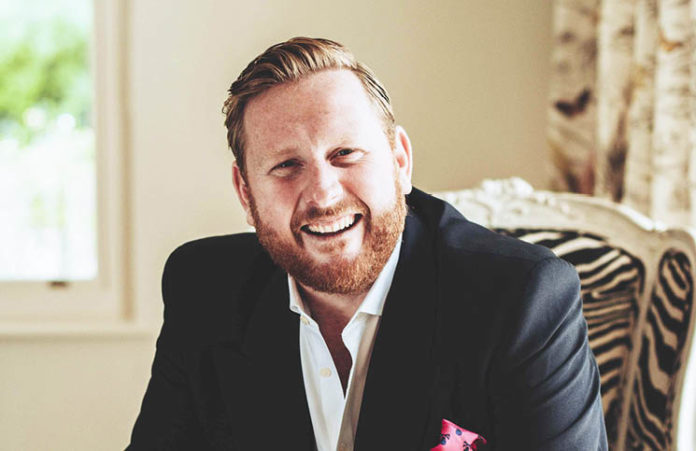
A small team of Cape Town entrepreneurs who invested R22 000 in 2006 to start up a fledgling business recently saw a phenomenal return on their founding capital when they sold their business to US based organisation Ecolab – a major global provider of technologies and services to the water, food, energy, healthcare, industrial and hospitality markets.
Lobster Ink, which is a pioneering technology platform that provides online training to the desk-less workforce in the hospitality and tourism sector, was acquired by Ecolab for an impressive multiple on their annual $24 million turnover. From small beginnings in South Africa, Lobster Ink has grown rapidly and has trained people digitally in 133 countries across 13 languages for the world’s largest and most luxurious hotel groups – from Africa to the Middle East and the US. Lobster Ink is now based in Geneva, Switzerland. Fasie Malherbe, co-founder and President of Lobster Ink, explains that he and his business partners started Lobster Ink out of a desire to travel more and experience the best in hospitality, while uplifting and developing skilled employees within the industry. Together they came up with the idea of providing personalised and customised training to the hospitality staff in order to maximise the guest experience.
“Whether it was food, wine, housekeeping, guest relations etc., the focus was always performance and development, ensuring that a considerable return on investment was presented after every major initiative. We developed training modules for the relevant staff members and went out and conducted this training ourselves.”
“It was centered around providing hospitality staff with the skills required to deliver on the luxury expectations of some of the world’s most discerning travellers. The hospitality industry is one of the only industries where you can take someone with no experience off the street, or fresh from college, or out of the military and rapidly train them with the necessary skills to enjoy years of career success and growth.”
Malherbe, who was a chef and studied hospitality, says that many of the staff they trained in some of the most expensive tourist destinations in Africa had no previous experience in luxury hospitality. It turned out that there was a huge need for the training provided by Lobster Ink, and things evolved from there.
Lobster Ink went from face-to-face training into video production – developing video-based African focused versions of their training modules. Following this, demand saw their product evolving to become mobile friendly and online based.
“This was our break into the global space,” says Malherbe. “Hard work and careful planning paid off. The first pioneering clients who gave us our big break were Singita and Wilderness Safaris, both of whom made huge investments into the training of their teams. Then came City Lodge and Southern Sun and the like. Clients that followed included Hilton Worldwide, IHG, Four Seasons, Marriott International Hotel Group. Malherbe advises that Lobster Ink being acquired by Ecolab was neither luck nor chance but was a targeted strategy as Ecolab align 100% with the vision that Lobster Ink have, which is to enable potential in people.”
Malherbe adds that it is not just about foundation skills for initial employment but also about up-skilling and remaining relevant in the face of constant changes within that particular industry. “In line with online, on-the-job learning that allows employees to earn while they learn is the re-establishment of apprenticeship programmes in South Africa – such as they have in Europe currently. This allows young South Africans to start working, earning and learning at a young age.”
Malherbe is a serial entrepreneur with a history of business start-up successes. Lobster Ink is the third major business built from scratch before being sold for a solid return – with Malherbe also having founded the well-known Roundhouse Restaurant in Cape Town, as well as innovative beverage distributors Under The Influence.
With his extensive knowledge and experience on entrepreneurial success Malherbe provides some advice for SA entrepreneurs, saying that there is so much money available right now for good ideas, and that the time is now to get in before the large corporations find all the good ideas and come up with the disruptions.
“On the global business stage there is more money available than ever before to invest in wild ideas. Wealthy individuals all across the globe all looking for the next great ‘get rich quick’ idea. But you need to go big or go home,” Malherbe concludes.

